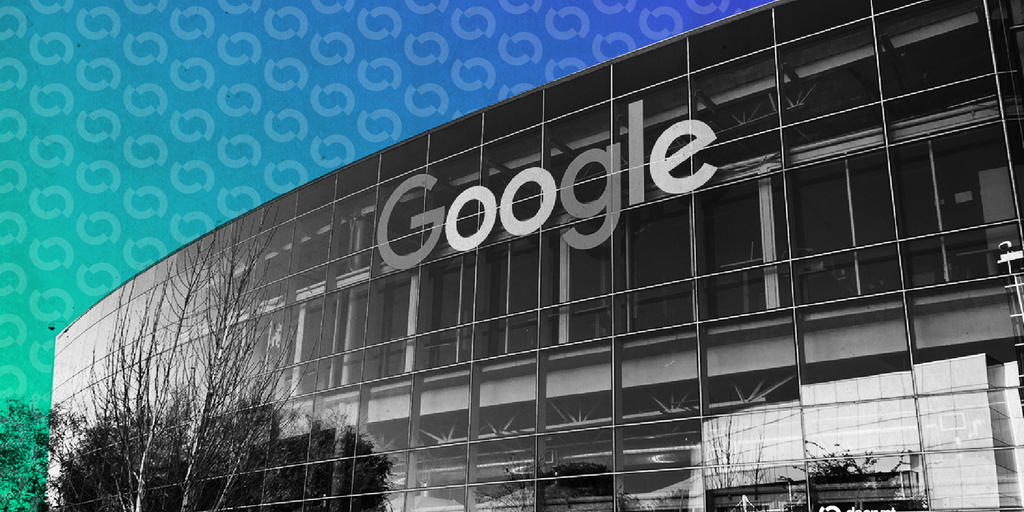In brief
- The ruling lets Google keep Chrome while imposing limits on exclusivity and new data-sharing obligations.
- Google relied on default agreements and preferential treatment that reinforced its dominance in search, the DOJ said.
- Analysts say the remedies are less drastic but still leave Google’s core moat intact.
A U.S. federal judge declined to force Google to sell its Chrome web browser in a landmark antitrust case on Tuesday, instead imposing remedies aimed at loosening the tech giant’s grip on online search and advertising.
Handed down by Judge Amit Mehta in Washington on Tuesday, the ruling allows Google to retain its browser while prohibiting it from entering exclusive contracts for its product suite across Search, Chrome, Google Assistant, and its Gemini AI app.
“For years, Google accounted for approximately 90 percent of all search queries in the U.S., and Google used anticompetitive tactics to maintain and extend its monopolies in search and search advertising,” the U.S. Department of Justice wrote in a statement.
Google entered into “a series of exclusionary agreements” that “locked up” how ordinary users accessed and searched online, with the company requiring itself to be the “preset default general search engine on billions of mobile devices and computers,” the DOJ wrote.
The tech company used its stature to buy “preferential treatment” for its search engine and created a “self-reinforcing cycle of monopolization,” the department added.
Judge Mehta’s order specifically requires Google to share portions of its search index and user-interaction data with qualified competitors and to offer syndication of search and text ads, according to multiple reports, though a copy of the order has not surfaced at the time of writing.
Decrypt has reached out to Google for comment.
Still in play
The case began in 2020 and was joined by nearly every U.S. state and territory. In 2024, the court ruled that Google unlawfully monopolized search in violation of the Sherman Act, which deters companies from monopolizing markets or conspiring to restrict competition.
The ruling comes as Google builds its own layer-1 blockchain and faces rising competition from AI-enabled browsers developed by companies such as Perplexity and OpenAI.
Analysts note that while the remedies impose new obligations, Google’s stature in the tech industry may prove more resilient to dislodgement.
While Google’s Chrome browser retains “its distribution advantage and ecosystem integration,” data sharing could “enable competitors to build better targeting features,” Ryan Yoon, senior analyst at Tiger Research, told Decrypt.
Still, Google’s “core moat” in search and vertical integration “remains intact” to an extent where “meaningful market share shifts seem unlikely,” Yoon added.
Google’s broader moves into crypto and AI suggest it is positioning for regulated, enterprise-focused infrastructure where “compliance matters more than decentralization,” while betting on “superior data integration” against its AI browser competitors, even if those “could erode their search monopoly,” Yoon said.
‘Less drastic remedies’
Tuesday’s ruling shows “an enormous shift that finally has us leaning favorably towards market “unblocking” rather than interventionist asset splitting,” Andrew Rossow, a public affairs attorney and CEO of AR Media Consulting, told Decrypt.
The case also offers “a more realistic litigation and negotiation strategy,” Rossow said, citing similar ongoing anti-trust considerations from big companies like Meta and Amazon.
Such a strategy points to how the law could offer “less drastic remedies” if “large tech platform providers” can be “reformed through contract and data access regulation,” he added.
“Our judiciary must adapt to technology’s unpredictability, rather than attempt to dictate the next market winner,” Rossow opined.
Generally Intelligent Newsletter
A weekly AI journey narrated by Gen, a generative AI model.


